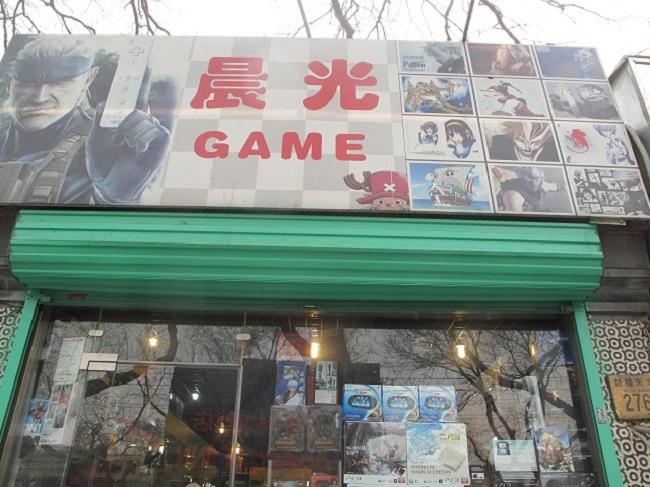
For the first time since 2000, the Chinese government is considering allowing gaming consoles to be legally sold in China, according to a new report from Chinese tech site Sohu IT (and then recounted and translated by Kotaku). The ban on consoles technically lifted earlier this year, but any console manufacturer hoping to sell their wares in China is still subject to approval from China’s Ministry of Culture, meaning they would need to alter their products to conform with Chinese standards and then still be approved. The first console manufacturer through this process appears to be Microsoft, who are reportedly planning on releasing the Xbox One in China in late 2014.
Microsoft will be teaming up with Funshion, a Chinese VOD service in the vein of Netflix and Hulu. Funshion is owned by BesTV, who Microsoft recently announced a partnership with to bring “family games and related services” to China. The two companies have yet to announce what they are specifically working on, but they have spent nearly $80 million so far.
Even if the Ministry of Culture is willing to approve the Xbox One, there are still a lot of steps needed to bring the system to Chinese consumers. Microsoft will need to do more than simply localize the console, it will need to work with Chinese companies to provide approved content that accede to the Chinese standards. Games will need to be heavily censored for any mention of sex, drugs, excessive blood, organized crime, anything that insults China, and much, much more. With software though, the potential Chinese consumer base is significantly larger than that in Europe and the US combined, so Microsoft may elect to develop games specifically for the Chinese audience, as well as importing a handful of titles. After so many years without a legitimate console market in China though, the upside is huge.

The original console ban came down in 2000, when the Chinese government responded to concerned parents that were worried that console gaming would waste the minds of children. At least that was the official reason, but cultural issues were also a factor. Instead of killing, or even slowing gaming though, the move led to the explosion of online PC gaming. In 2012, the Chinese gaming industry topped $10 billion, and China is now the world’s largest online gaming market. In other words, the plan didn’t work exactly as China had hoped.
Even with the dominance of online gaming, the console market isn’t entirely dead in China – it’s just not legal. Console games are sold through what is known as the “Gray Market,” or the practice of selling banned products, essentially with immunity. The console ban is specifically for mainland China, and does not cover Hong Kong, Macau, or Taiwan, so there are several ways to get consoles into mainland China. The biggest for the average Chinese gamer playing on a console is more down to cost than the law. According to a report in the People’s Daily, which Kotaku cites, the average yearly income across China is under $6,000. This is certainly a big reason that free-to-play gaming and Internet cafes have exploded in China as well.
Although the report specifically mentions Microsoft, it seems likely that Sony and Nintendo are eyeing China’s 1.35 billion citizens as a new, potential customer base. The PlayStation 4 released in Hong Kong today, and will debut in Taiwan tomorrow. So even if the console isn’t approved, it will find its way to the mainland thanks to the Gray Market. Consoles that are legally endorsed may not be far off.
(Image credit: Eric Jou of Kotaku)


